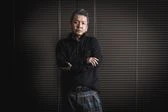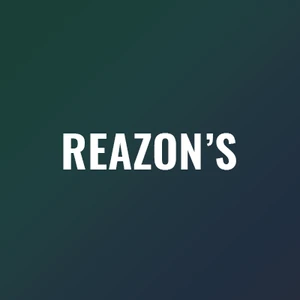Career Development as Discussed by a CTO and CHRO with 9 Job Changes
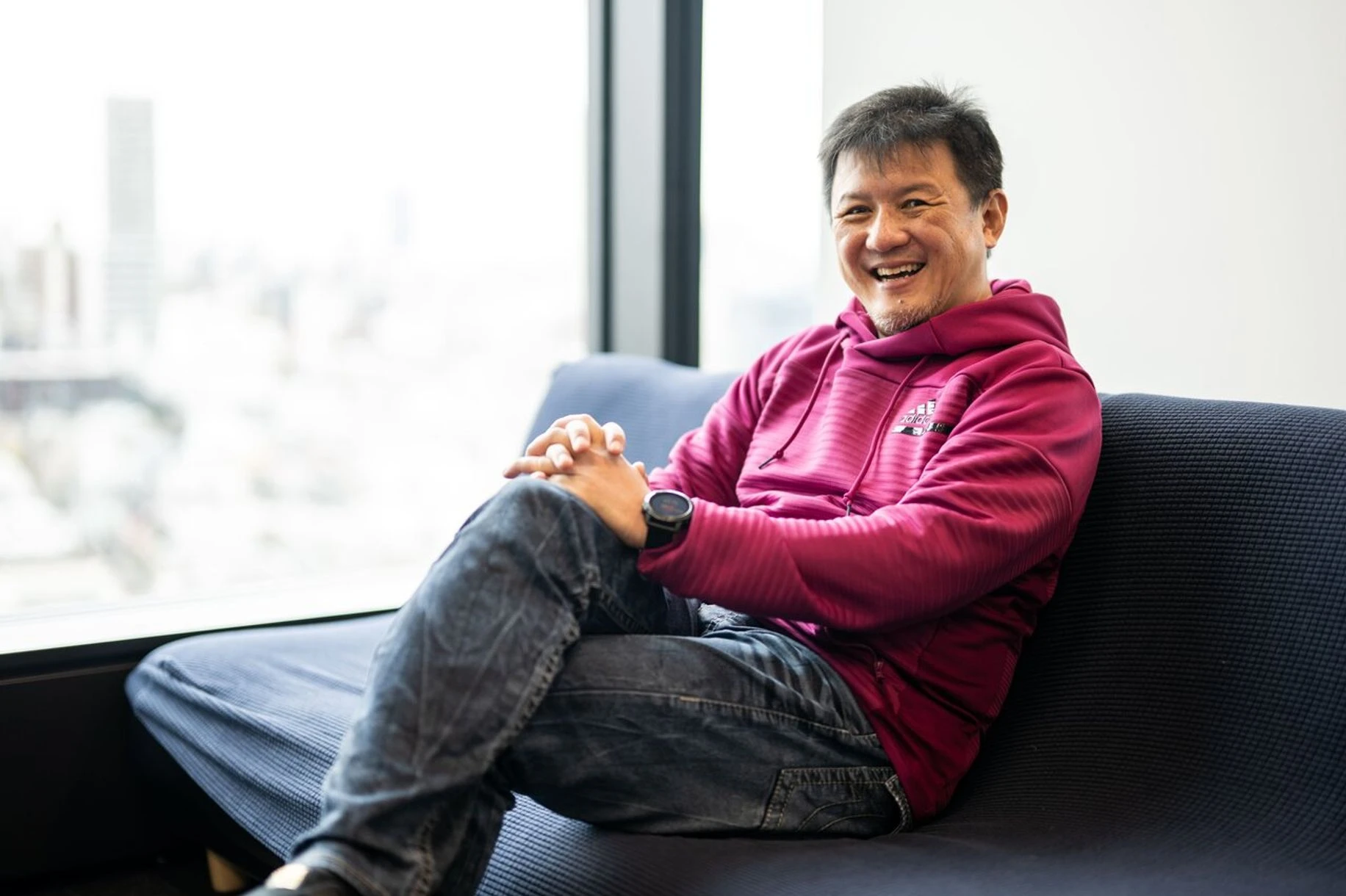
Hello, I'm Akaiwa from the Human Resources Department at Reazon Holdings. We have decided to launch our own media to help you learn more about Reazon Holdings. Through this initiative, we aim to open up aspects of our culture, employee atmosphere, and current business endeavors that we haven't shared before. For our inaugural article, we interviewed our CTO and CHRO, Mr. Niwa. He shares his thoughts on 'career development' while reflecting on his own career path. With his extensive experience, Mr. Niwa provides insights that we hope will be valuable as you consider your own career journey.
INDEX
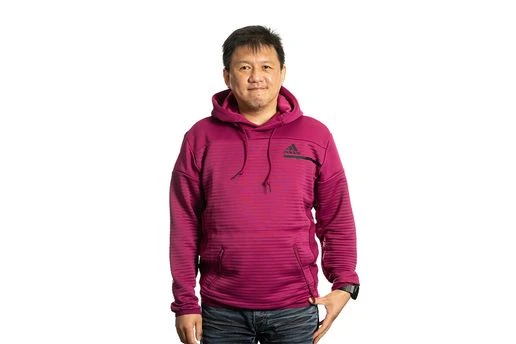
Takayuki Niwa Director, CTO, CHRO, Reazon Holdings Co.
After graduating from the Faculty of Environmental Information at Keio University, Mr. Niwa began his career at Sega Corporation. In 1996, he transitioned to Square Co., Ltd. (at the time), where he served as the lead battle programmer for "Parasite Eve" and "Final Fantasy IX" for PlayStation, based in LA and Hawaii. Subsequently, he developed an interest in databases and networks, and from 2001, he worked in system development at Nomura Research Institute. In 2007, he joined a U.S. venture as a senior engineer. Following roles including Officer and CTO at various companies, including Marvelous. He has been in his current position since 2017.
From childhood, a pure computer geek, the first career chosen by a Keio University SFC first-term student
First, I'd like to ask you about your career. What kind of student were you in the first place?
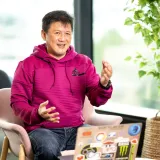
I've been interested in PCs since elementary school and was a computer geek. Also, I loved movies, especially SF, so I enrolled in Keio University (SFC) with the desire to study CG. By the way, I'm from the first cohort of SFC (laughs).
Oh, I see! You're my senior (laughs). After graduating from university, what kind of company did you join as a new graduate?

As a new graduate, I joined Sega and worked as a development programmer for arcade games. I actually wanted to work with CG technology, but the department I was supposed to be assigned to was dissolved at the time I joined.
I hear you changed jobs after about two years. Was there any particular reason for that?

The main reason was that I couldn't give up my desire to work with CG technology. I really wanted to be involved in visual CG, so I took a bold step and moved to Los Angeles when I was 25.
I heard that you have changed jobs a total of nine times until now.

That's right. The current Reazon Holdings is my 10th company. I think I'm one of the Japanese with the highest number of job changes. Among the companies I've been with, three are still existing, three have been acquired or merged, and four have ceased to exist due to business closures, etc. This made me realize once again how fast-paced the IT industry is. I've had experiences like joining a company that shut down its operations just three months after I joined. Although it was tough and challenging in the midst of uncertainties, I now see it as an experience that gave me valuable insights.
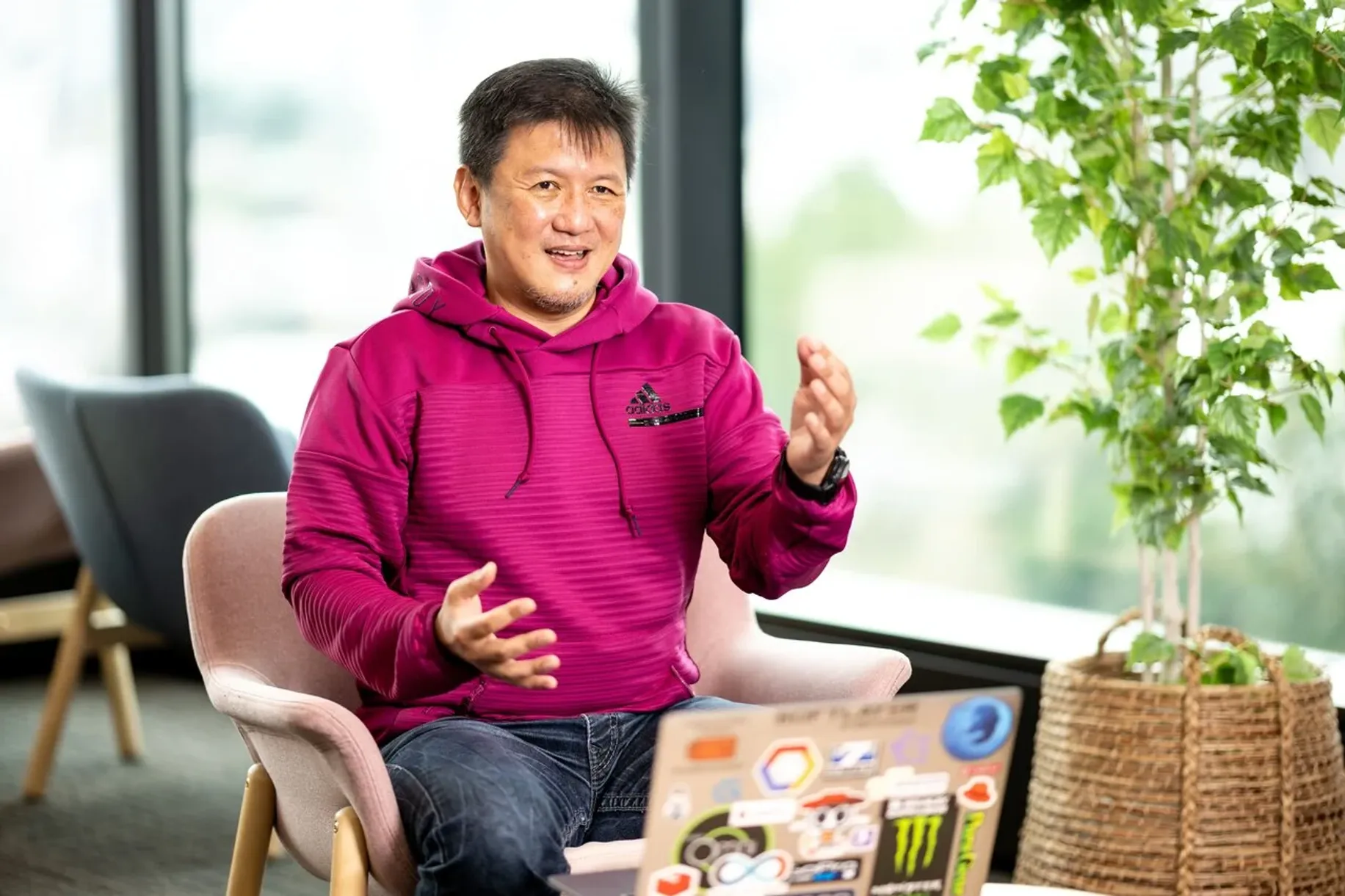
First job change to the U.S., involved in the development of super-famous titles such as 'Parasite Eve' and 'Final Fantasy 9'
What were the reasons or triggers for your subsequent job changes?

I moved to the U.S. through a job change and worked as a lead engineer (main programmer) at Square, contributing to the development of the game 'Parasite Eve.' Later, I was involved in the game 'Final Fantasy 9.' These games were both sold over a million copies consecutively, marking a turning point in my career.
Also, I felt I had accomplished what I set out to do, and I became interested in networking. That's why I returned to Japan at the age of 30. After returning, I wanted to explore various applications, so I changed jobs to Nomura Research Institute. Later, at the age of 35, driven by the desire to develop what I wanted, I started my own business.
However, it failed. I started the company wanting to develop things myself, but as a founder, I had to handle many tasks other than development, which prevented me from working the way I had envisioned. It was then that I realized that I had been able to focus solely on engineering work because I had been supported by many people.
At that time, a former colleague from Square invited me to work in the U.S. again as an engineer at the age of 37. Even after turning 35, I was able to work as an engineer. However, due to the impact of the Lehman Shock and the company's timing, I was eventually laid off. By then, I was already over 40 years old.
Last job change in life. The reason for choosing Reason Holdings rather than well-known mega-ventures or foreign IT companies
Your life has been quite turbulent... and you joined Reazon Holdings, right?

Yes, I joined when I was 46, with the intention of it being my last job change in life. I received good offers from well-known mega-ventures and foreign IT companies, but when I considered that I had spent half of my professional life, I reflected on what kind of company I really wanted to work for. As a result,
・Companies that are too large in scale are not suitable.
・Companies that have a sense of speed are more suitable.
・Companies that allow for a flexible way of working are more comfortable.
With these criteria in mind, I found Reazon Holdings.
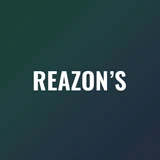
What do you feel has been good about joining Reazon Holdings?

The fact that they give opportunities to "people who want to do" regardless of their year of entry, and the fact that I can challenge myself to do more new things than ever before. Our company is engaged in various businesses such as food delivery businesses, YouTube channels like 'NOBROCKTV,' and game businesses like 'Dragon Smash,' which are even featured on AWS.
Although our company is a local company in Japan, we are seriously aiming to become the world's best company, and I do not think that this goal cannot be achieved. Because Reazon Holdings has multiple businesses, I find it very interesting that we can work on many things across different business domains.
Six important things learned in work and career from 9 job changes
You have a wealth of experience that I cannot imagine, Mr. Niwa. Please tell us what you have learned from your career.

There are many things, but
1.Know what you want to do and what you are good at.
2.Polish your skills.
3.Turn what you like, want to do, and are interested in, into your work.
4.Important things to consider in job changes.
5.Always keep learning.
6.Challenge yourself in new areas.
Thank you very much. Could you please explain each of them a little more specifically?

Yes, I'll briefly explain each of them.
1. Know what you want to do and what you are good at.
In this regard, I used the SEDA model. It broadly categorizes Science, Engineering, Art, and Design, and helps understand which area you excel in.
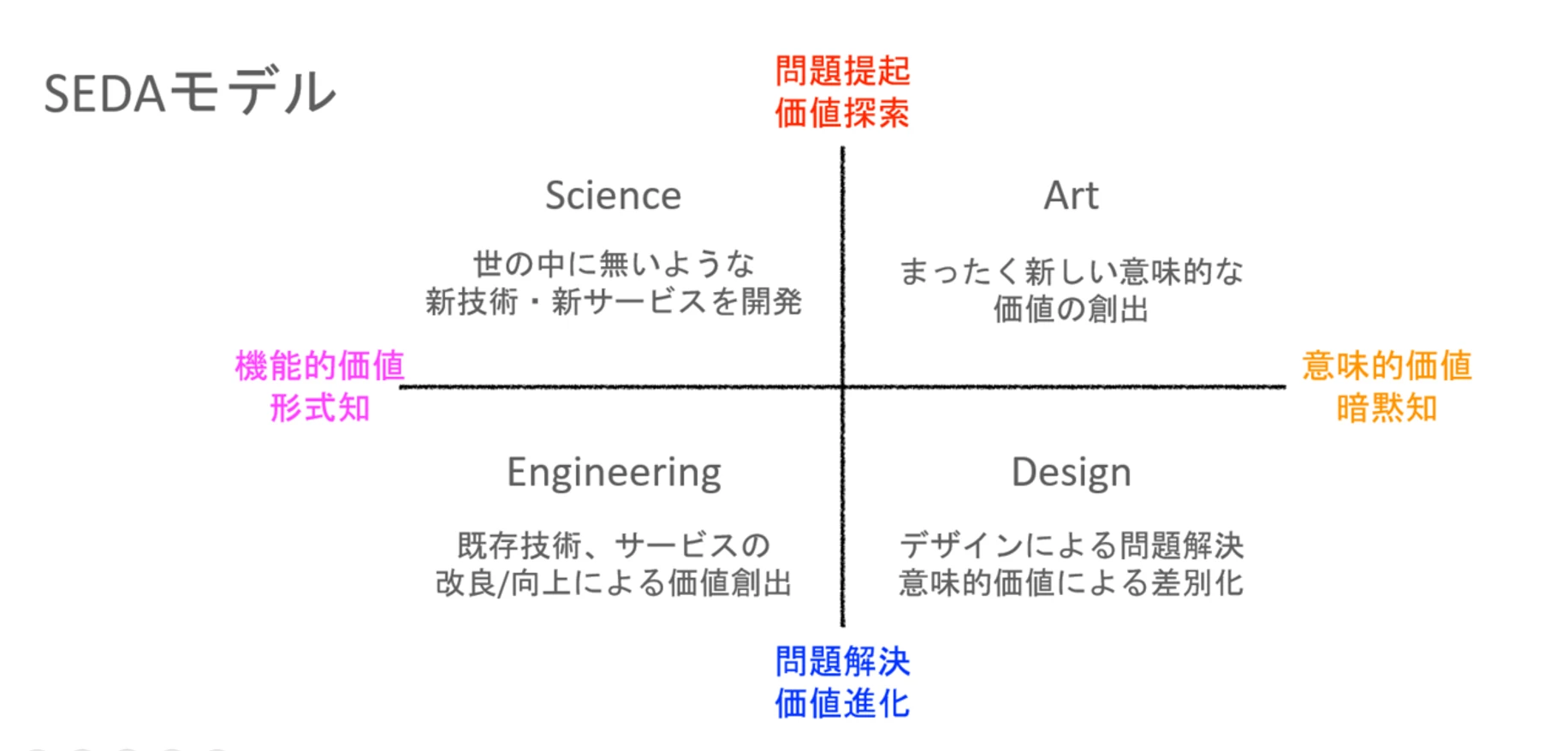

. Polish your skills.
As you build your career, you gradually understand which field you can excel in more than others. There's no point in continuing to do what you can't do or what you're not good at, so I feel that continuing to challenge yourself in the areas you excel in allows for further growth.
3. Turn what you like, want to do, and are interested in, into your work.
As an adult, you work about 8 hours a day and about 40 hours a week. In other words, about 25% of your week is spent working. Do you think it's a waste of time to spend that much time doing work you don't want to do?
In Japan, one in three salaried workers is reported to "hold antipathy toward their company." I think this phenomenon is due to doing work you don't want to do. Since life is precious, it's best to do the work you want to do.
4. Important things to consider in job changes
a. Work-life balance vs. work in life
Not too long ago, many people and companies emphasized "work-life balance," with the idea of 8 hours of work, 8 hours of private time, and 8 hours of sleep per day. However, I think that it's not just about balancing time in a day, but about balancing the time it takes for a whole life. This is often described in the word "work in life."
b. Money vs Pursuing What You Love
When deciding on a career change, while it's ideal to achieve both money and pursuing what you love, having gone through multiple job changes myself, I believe prioritizing what you love is still the better choice. Although there are times to prioritize money, not enjoying your job because it's not something you love can make it difficult to perform well and achieve results. Even if the initial salary isn't satisfactory, pursuing what you love can lead to accomplishments, salary increases, or even transitioning to better companies based on those achievements.
Thinking about a long-term career rather than short-term gains, I believe prioritizing what you love ultimately increases the likelihood of success.
c. Achievements First vs Finding the Position First
Choosing the timing for a job change can be quite challenging. Honestly, given the nature of chance encounters, it's a tough decision. For me personally, I've built my career by achieving results first and then selecting companies where I could potentially pursue what I love. If I were an interviewer, even if a candidate has the skills, without significant achievements, I would question if they are truly capable. To avoid such doubts, especially when young, it's better to focus on achieving results.
5. Always Keep Learning
Recently, it's become so commonplace that we forget to mention it, but the IT industry is evolving at a rapid pace. Japanese are said to be particularly sensitive to trends, but rather than just following trends, I recommend honing skills in your favorite field. I believe increasing input is crucial for completely new endeavors.
6. Venturing into New Fields
For example, when I graduated from university 27 years ago, "engineer" referred to technical positions in machinery or manufacturing. People who coded for games, networks, servers, or finance were simply called programmers. However, the role of programmers gradually diversified, and all IT engineering jobs are now generally referred to as IT engineers. Furthermore, jobs in peripheral areas are merging, and the scope of IT engineering continues to expand.
Moreover, people with engineering knowledge are now taking on non-engineering roles. In our company, the head of the advertising department was originally an engineer, and the head of the food delivery business was formerly a machine learning engineer. Even our current HR director was originally a game engineer and later served as the lead server engineer during menu launch. It's now possible to use past experience and knowledge to venture into new fields.
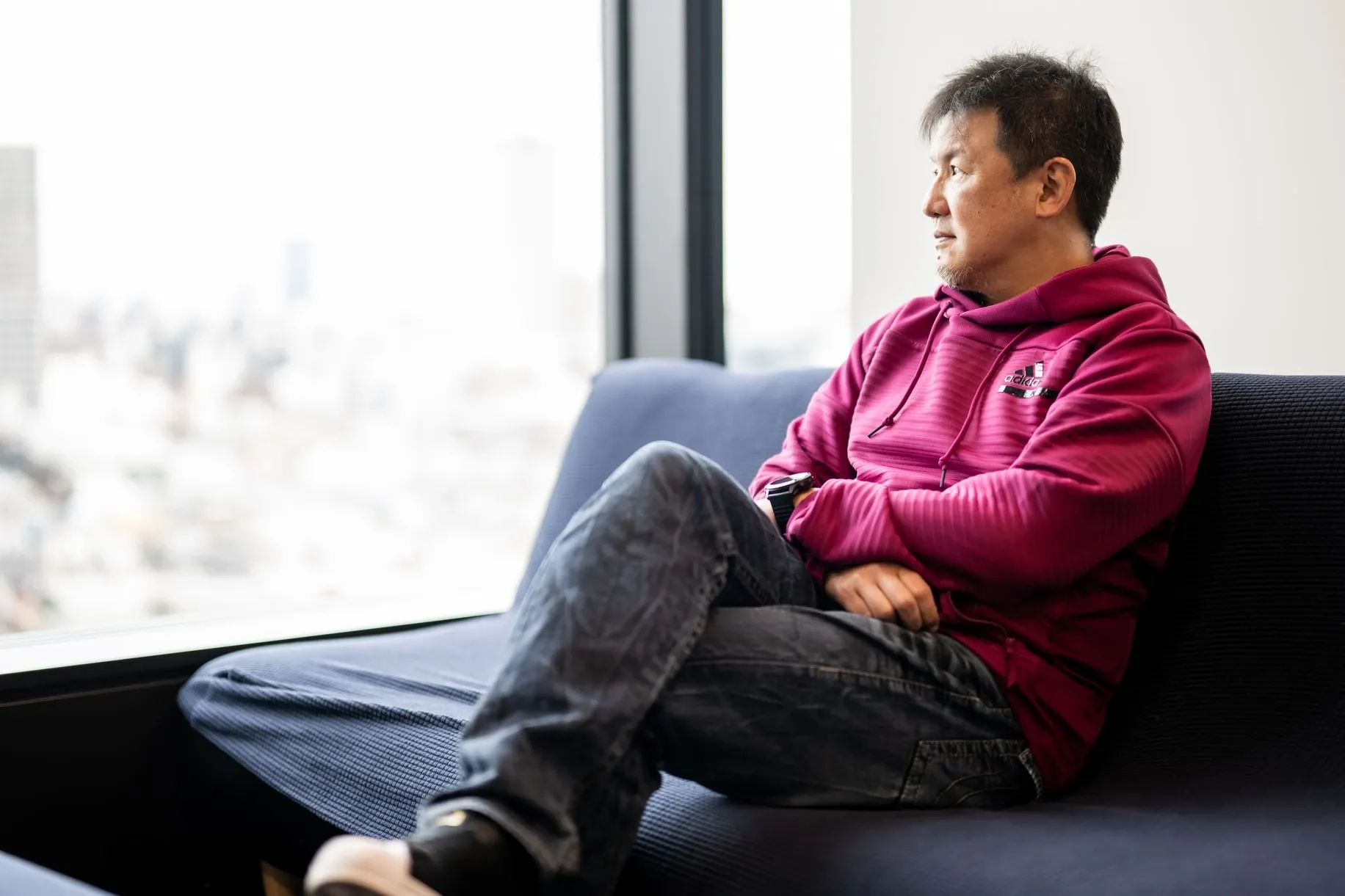
Learning from Failures, More Important than Skills or Achievements
Thank you very much for being so specific! I think you've learned a lot and advanced your career through various job changes, but have you ever experienced failure, even with all your experience, Mr. Niwa?

Of course, I've experienced many failures. Looking back, I think I was quite difficult to handle as an engineer in my twenties. At that time, I had accumulated achievements and my skills were somewhat ahead of others', which led me to be quite tough on those around me.
At that time, my boss told me, "Everyone knows you have skills, but even the most talented people make mistakes. What covers those mistakes is the team you work with." These words left a deep impression on me. It made me suddenly embarrassed about my past actions and I began to respect those around me while reflecting on myself.
Actually, right after that, I made a mistake and it was my teammates who helped me. While you can certainly work alone sometimes, I feel it's necessary to collaborate with various teammates to succeed.
There are actually very few things you can do alone. I've truly realized the importance of people through your story, Mr. Niwa.

Yes, that's right. Throughout all these discussions, what I wanted to convey is that "people" are the most important. Working with people, making others happy, and respecting others' thoughts are always necessary. I've been able to work as an engineer for many years thanks to the help and invitations of those around me.
Although we are an IT venture company that prioritizes technology, I still believe that "people" are the most important. This is also why I hold the positions of CTO and CHRO.
It wasn't the career I envisioned in my teens and twenties, but being able to challenge new jobs even after turning 50 is extremely enjoyable. I hope everyone can create a career where they can pursue what they love and enjoy!

Mr. Niwa's career, what you've learned from it, and the conclusion that "people" are important have been very enlightening for me personally.
Thank you again for such valuable insights.
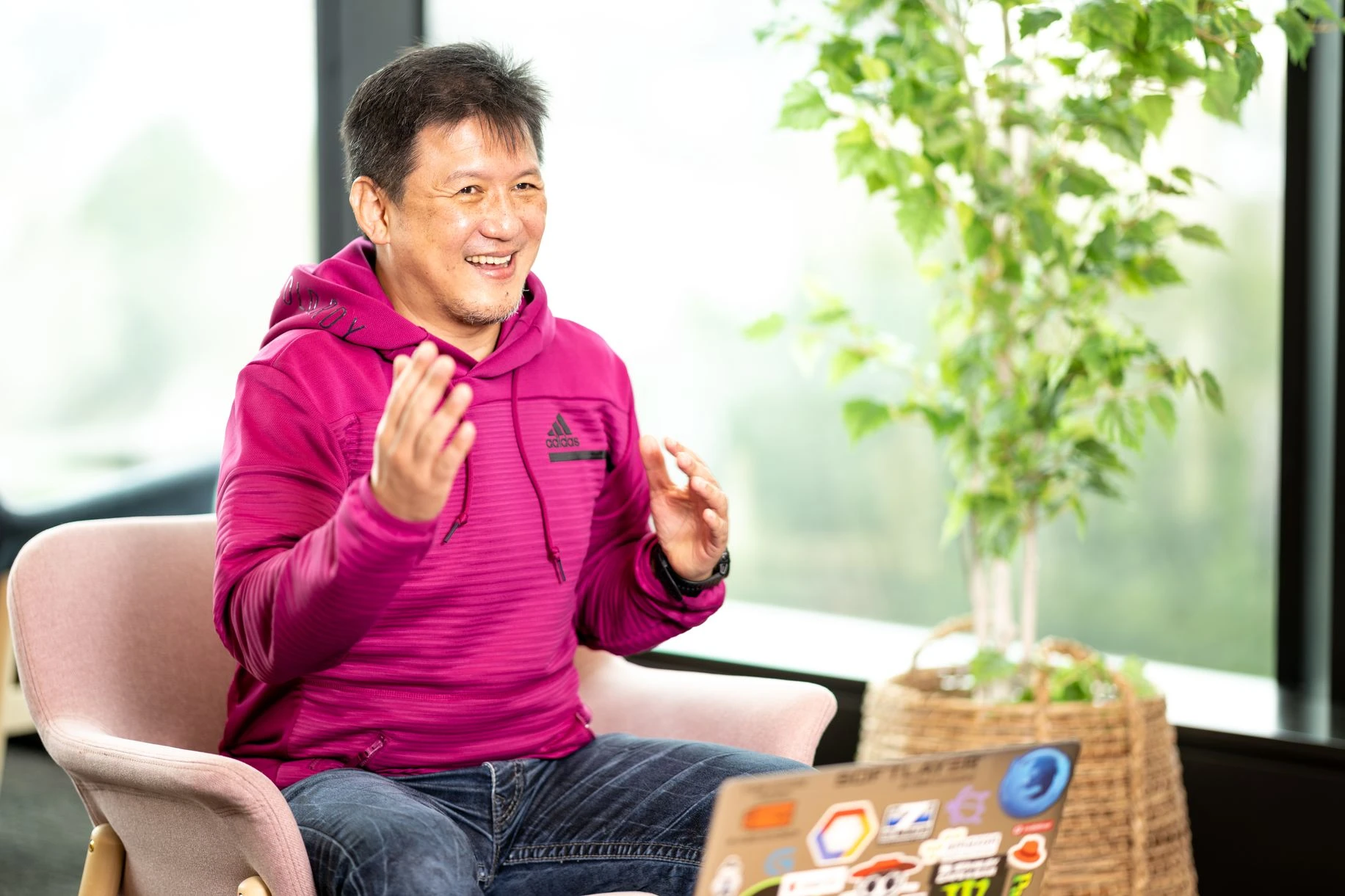
Please feel free to contact us about REAZON’S content, interviews, and press relations.
CONTACTIf you are interested in REAZON HOLDINGS, please check the recruitment site for more information.
RECRUITTo prevent rigidity caused by organizational expansion is essential. It's necessary to preserve the benefits of being able to achieve what you want to do.
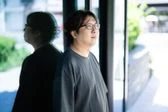
I'm involved in launching the Design Headquarters at Reazon. Not only overseeing the organization, but also continuing to embody the spirit of a designer, and actively contributing as one.
